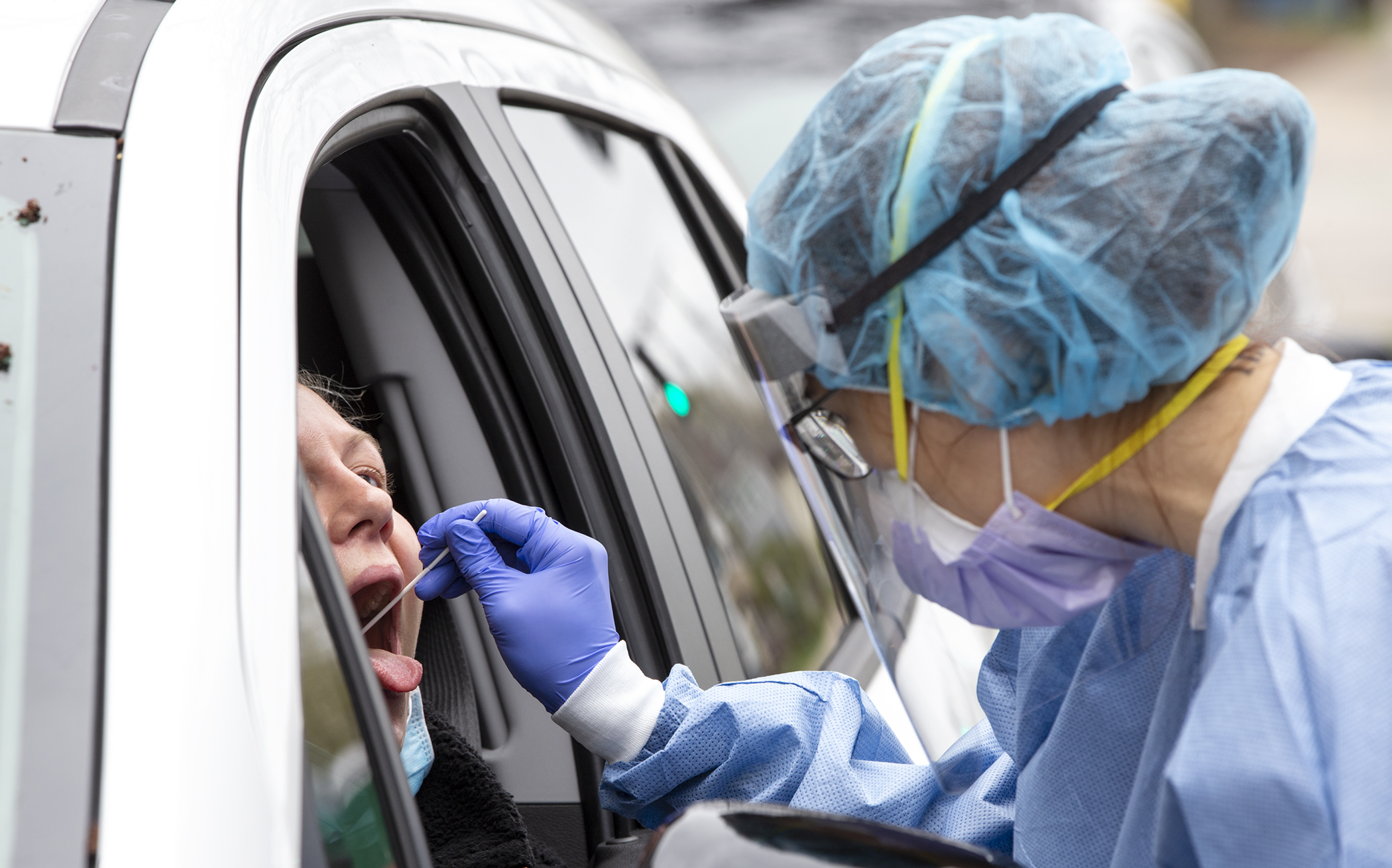Minnesota remains at risk from COVID-19, as pandemic highlights inequity

As Minnesota legislators continue discussions about how best to respond to the COVID-19 pandemic, health care experts urged them to work in a unified, bipartisan, science-based way, with an eye to the future.
“With the right strategy and the right approach, we can get through this virus. We can live with this virus and we can indeed have our economy back,” said Andy Slavitt, United States of Care board chair and former acting administrator for the Centers for Medicare and Medicaid Services.
The House Select Committee on Minnesota’s Pandemic Response and Rebuilding heard from Slavitt and a handful of other health officials during an informational hearing Wednesday.
So far, Minnesota has had a “strong” response, and is among the states that have – so far – been the most successful in addressing the pandemic. Time bought by a strong, cohesive response has allowed scientists to develop more effective treatments, procedures, and start working toward a vaccine, Slavitt said.
But that doesn’t mean the worst is over.
“I don’t think we’ve seen anything yet. We have time, but we need to act and we need to stay vigilant,” Slavitt said. “You are watching science unfold … the more information and the more time we have, the more we’ll get to better answers”
“Minnesota needs to continue to chart our course based on advice from public health experts and sound medical science,” House Speaker Melissa Hortman (DFL-Brooklyn Park) said in a statement.
For now, many unknowns remain, said Dr. Sakina Naqvi, a pulmonary and critical care physician representing Doctors for Health Equity.
“I have frequently been humbled by this emerging pathogen,” she said. “(It) seems to behave differently from one patient to the next. We routinely find ourselves at a loss because what should be true, often isn’t.”
Scarcity of resources remain a concern, as well as major inequities – with underserved communities of color often having higher rates of both contracting the disease and requiring more intensive treatment, she said.
Many factors contribute to this, testifiers said, including:
- higher rates of chronic illnesses and other health problems;
- food insecurity, transportation barriers, and housing instability;
- the heightened risk of asymptomatic transmission in shelters and encampments;
- lack of access to the technology needed for telemedicine services; and
- a lack of trust in the medical community – perpetuated by systemic racism – that discourages people from adhering to recommendations.
“This disease is very real, and for a number of reasons, targeting those that are already disproportionately disadvantaged,” Naqvi said. “We need to be better stewards of science … and the communities in which we live.”
While racial inequalities have persisted for decades, the pandemic has brought them into stark relief and emphasized that “we are only healthy in Minnesota, when everybody in Minnesota is healthy,” said Jennifer DeCubellis, CEO of Hennepin Healthcare System
While the COVID-19 response has put hospitals in a very difficult financial position, she said it’s also emphasized the importance of focusing on people and their needs, instead of programs and requirements.
Increased flexibility has allowed health care providers to get “back to practicing medicine instead of chasing rules and regulations,” DeCubellis said.
Initiatives like increased telemedicine use, mobile community testing, emergency food delivery, providing hand sanitizer and masks, and distributing culturally specific information regarding prevention, treatment, testing, cultural issues, and critical misinformation, have all had a positive impact, she added.
DeCubellis encouraged legislators to maintain this flexibility, focus on early intervention and prevention; stand up social service supports; and keep people on Medicaid, as many end up disconnecting from care because of paperwork issues alone.
Keeping a people-centered approach, instead of a program-centered approach, will allow for long-term, systemic improvement and innovations, testifiers said.
“The community can tell you what health looks like to them,” said Penny Wheeler, president and CEO of Allina Health. “It’s having safety. It’s having security.”
Related Articles
Search Session Daily
Advanced Search OptionsPriority Dailies
Ways and Means Committee OKs House budget resolution
By Mike Cook Total net General Fund expenditures in the 2026-27 biennium will not exceed a hair less than $66.62 billion.
That is the budget resolution approved Tuesday by the House Ways...
Total net General Fund expenditures in the 2026-27 biennium will not exceed a hair less than $66.62 billion.
That is the budget resolution approved Tuesday by the House Ways...
Minnesota's budget outlook worsens in both near, long term
By Rob Hubbard It looks as if those calling for less state spending could get their wish, judging from Thursday’s release of the February 2025 Budget and Economic Forecast.
A state su...
It looks as if those calling for less state spending could get their wish, judging from Thursday’s release of the February 2025 Budget and Economic Forecast.
A state su...